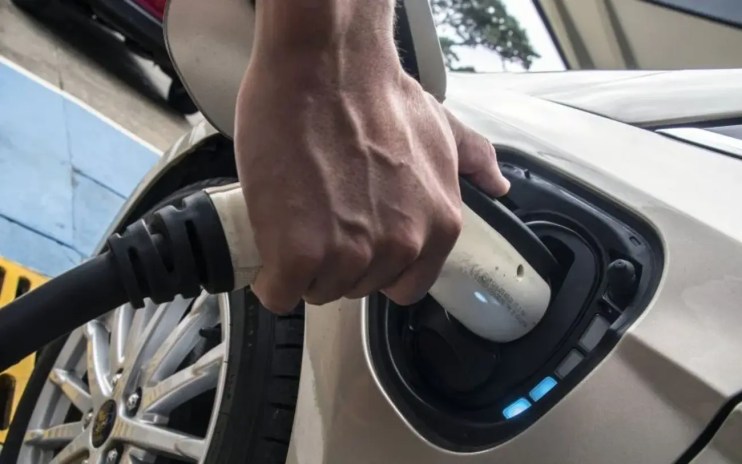Losses at Pod Point deepen amid wider tail-off in electric vehicle sector

Falling revenue at Pod Point led the electric vehicle (EV) charger provider to post larger losses in 2023, according to its full-year results.
The firm’s revenue last year fell by 11 per cent, and adjusted earnings before interest, tax, deprecation and amortisation (EBITDA) fell by £8.3m on the previous year; figures that were ahead of previous guidance issued to markets.
The drop in revenue forced its overall cash position further into the red, totalling £83.2m, more than trebling its 2022 losses of £19.9m.
The firm, which floated in 2021 amid frenzied optimism around the EV sector, cited the removal of the OZEV grant – a subsidy for consumers on the cost of a chargepoint – as being behind the revenue drop.
Pod Point operated under an improved gross margin of 30 per cent, up 700 basis points on the previous year, which it attributed to pricing and operational efficiency. It also pointed to its strong cash position – £48.7m – and an undrawn £30m credit facility.
Andy Palmer, the company’s interim Chief Executive Officer, said: “I am pleased that Pod Point has shown positive momentum during the second half of 2023 and that has been maintained so far in 2024.
“Our cost savings programme is on track as is our planned capital-lite expansion into Europe.”
Pod Point has struggled to adjust to the higher rate environment and the slower-than-expected uptake in EVs. This is reflected in its share price, which is now just 23p, down from an all time high of nearly 275p in December 2021 said it had plans to launch in two markets in 2024.
The firm, whose newly appointed CEO Melanie Laine starts on 1 May, said it still expected to launch in two new markets in 2024. Operationally, it also signed contracts with the likes of EDF, Centrica and the UK Power Network last year, and is on track to make £6m of savings.
